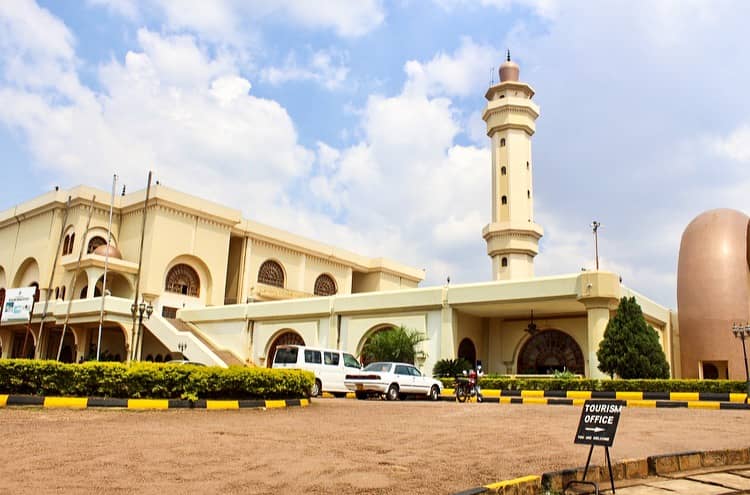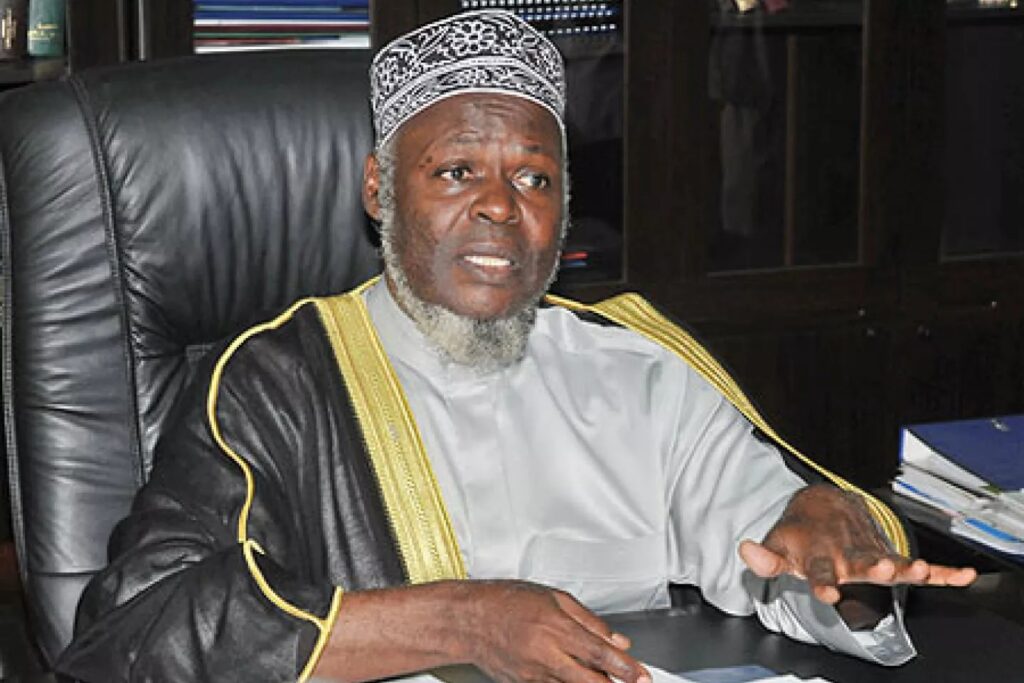
Old Kampala Hill, the seat of Uganda Muslim Supreme Council was filled with sheer excitement Tuesday evening after news trickled in that court had ruled that Mufti Shaban Mubajje legally extended his tenure of office .
This came moments after the High Court in Kampala dismissed a legal challenge seeking to overturn the re-election of Mubajje e as Mufti of Uganda, ruling that UMSC is a private religious body beyond the scope of judicial review.
In a judgment delivered Tuesday, Justice Bernard Namanya ruled that UMSC, despite overseeing the religious affairs of more than nine million Sunni Muslims in Uganda, does not exercise governmental powers and therefore cannot be subjected to judicial supervision under the judicial review mechanism.
“This court finds that while UMSC exercises powers that affect a significant portion of the public, those powers are not governmental in nature,” Justice Namanya stated. “There is no evidence to show that UMSC’s functions have been interwoven with public or governmental regulation.”
The application, filed by Swaibu Nsimbe and three others, sought to nullify the UMSC’s February 20, 2025 decision to re-elect Sheikh Mubajje, arguing the process violated provisions of the UMSC Constitution, especially on age limits.

The petitioners contended that Mubajje, having previously reached the age limit of 70, was ineligible. However, the council had amended its constitution in 2022, raising the age limit to 75.
Justice Namanya said the matter raised three issues: whether UMSC is subject to judicial review, whether courts can adjudicate religious disputes, and whether the applicants should have first sought redress through the Muslim Arbitration and Conciliation Council (MAC), the UMSC’s internal dispute mechanism.
On all three counts, the court sided with the defense.
“UMSC is a private company limited by guarantee,” the judge ruled. “Its functions are religious and internal to the Muslim faith. Judicial review cannot be used to supervise such internal religious processes unless compelling public interest and governmental authority are evident.”
Quoting the Supreme Court case Sheikh Ali Ssenyonga & 7 Others v. Sheikh Hussein Rajab Kakooza, the judge reiterated that UMSC is not a public body. He also drew parallels with the UK case R v. Disciplinary Committee of the Jockey Club, ex parte Aga Khan, where a private body with public impact was found to be outside judicial review.
Further invoking the “religious question doctrine,” Justice Namanya wrote: “Courts should not resolve cases that turn on religious doctrine and practice. The election of a spiritual leader such as the Mufti of Uganda is a matter of faith and internal governance.”
The court also faulted the applicants for ignoring Article 28 of the UMSC Constitution, which mandates that such disputes be handled by the MAC before reaching court.
“The decision to bypass the MAC appears inconsistent with the dispute resolution framework,” Namanya wrote. He urged the Muslim community to use internal mechanisms to foster unity.
The application was dismissed with no order on costs. “Each party shall bear their own costs in the interest of promoting reconciliation,” the judge ruled.
However , the applicants have said they are going to appeal the matter ,insisting that Justice Namanya based is ruling on mere technicalities .